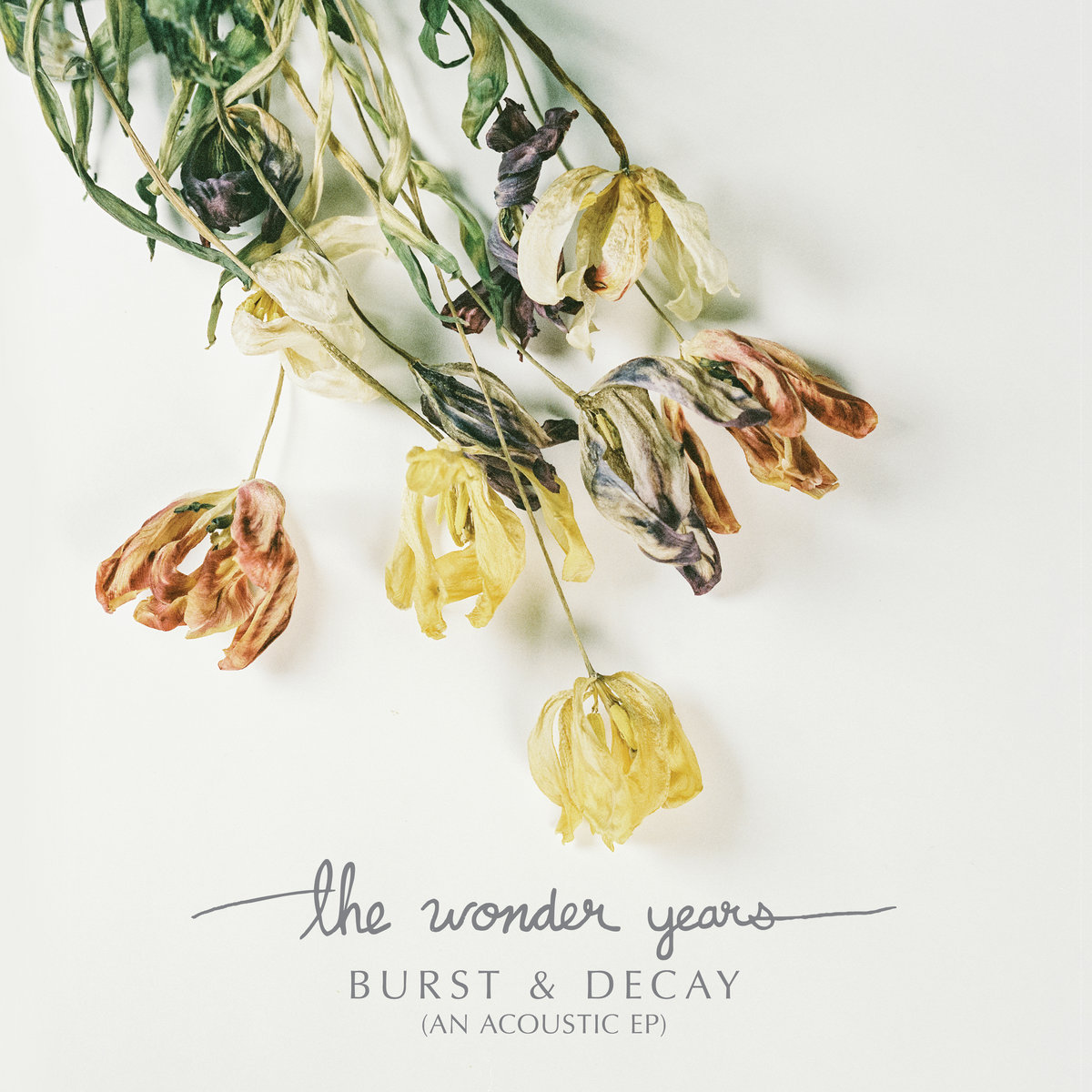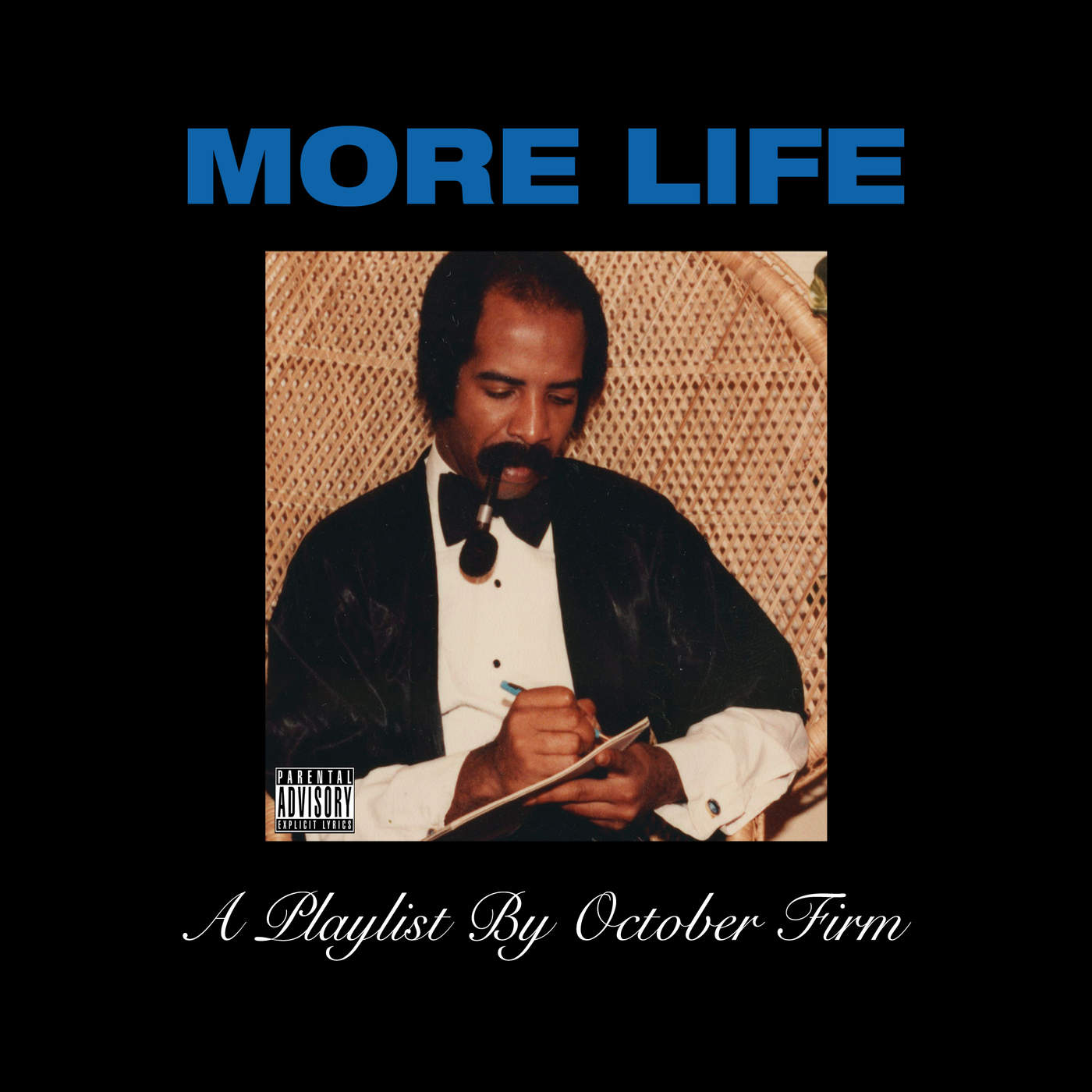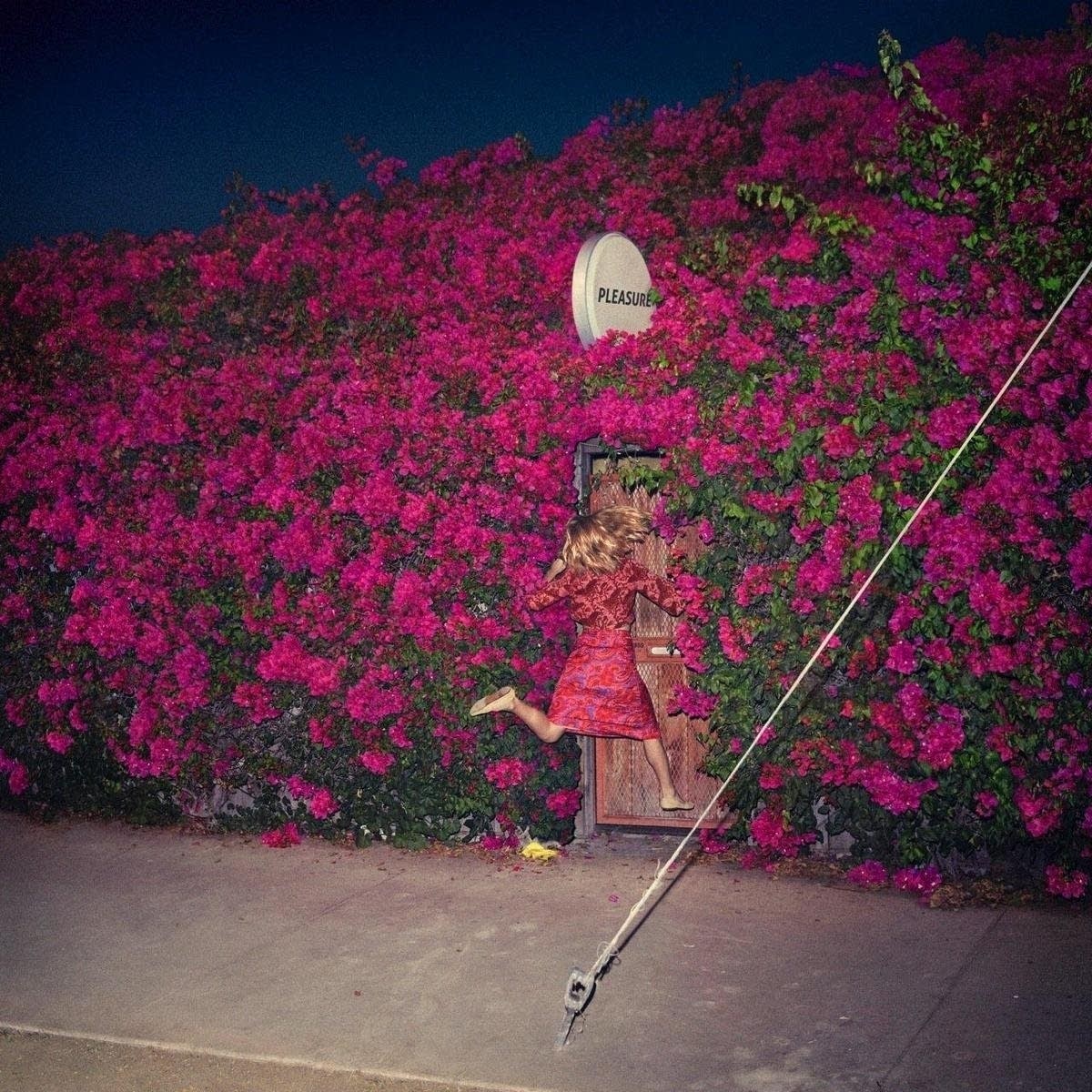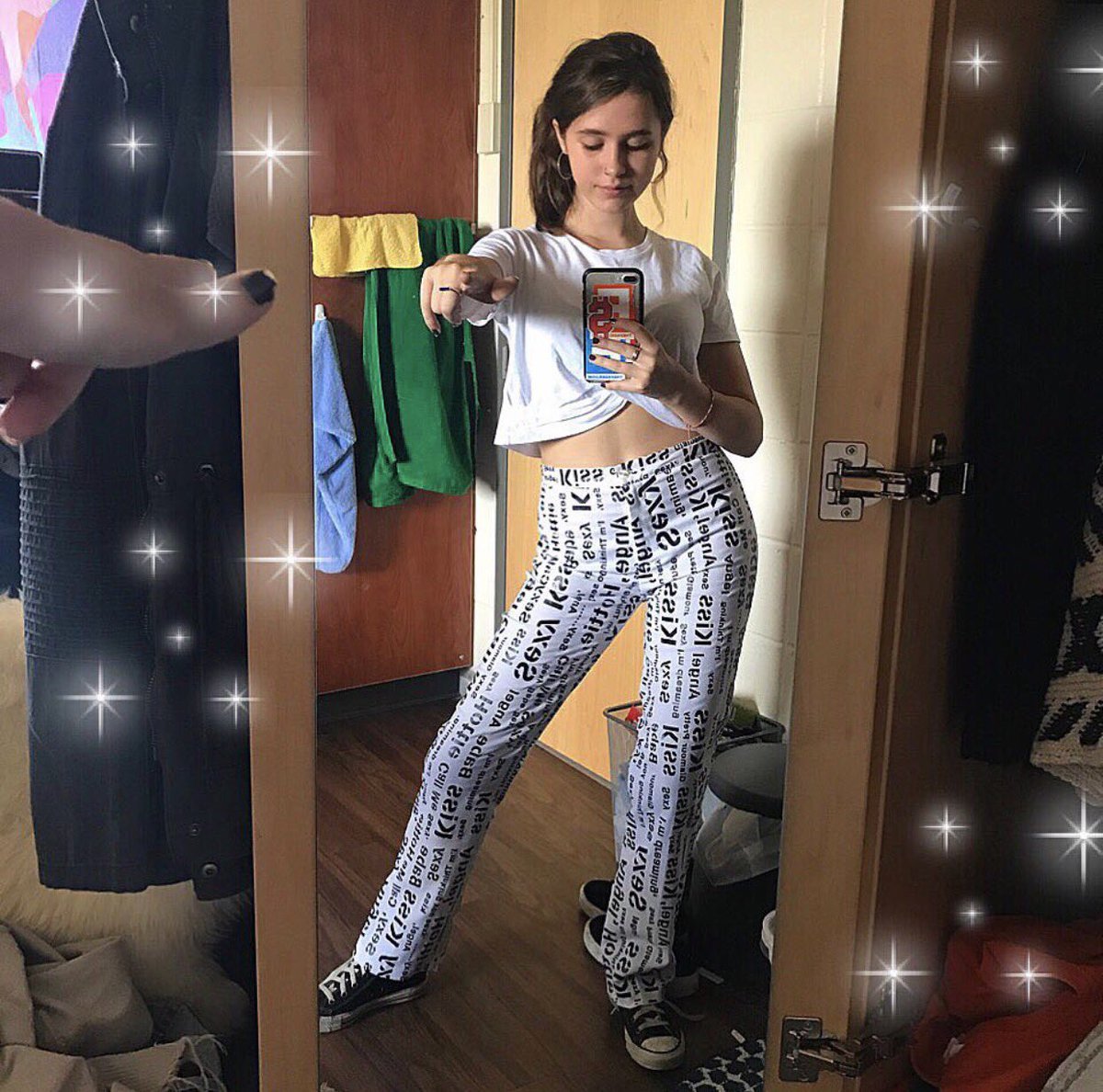The First Annual Diamond Platters: Swim Into The Sound’s Ancillary End of the Year Awards
/Whether you like it or not, it’s awards season. The time of the year when every music publication sits down to rank, order, and pass judgment on the last 365 days of art. As every outlet races to beat each other to those illustrious “end of the year list clicks,” I am only one man, and I just can’t compete. While Swim Into The Sound does still have an official “Best Albums of 2017” list in the works, this countdown is going to be a little different.
For the first time ever, I’d like to welcome you to Swim Into The Sound’s Diamond Platter Awards: an extravagant, ornate, and handsome way to recognize the past year of music. Grandiose, gaudy, and opulent, The Diamond Platters are the most exorbitant awards on the entirety of the internet, and the absolute highest honor of online music blogging awards.
Aside from poking fun at the seriousness of list season, these awards do have a purpose: to talk about music that may not be discussed otherwise. It’s always fun to see how everyone ranks albums each year (even if they start rolling in around November) but more often than not, most website’s “best of the year” list ends up coming off as rote rambling. A half-hearted and inconsistent ranking that merely regurgitates a months-old review with a few outlandish placements to get people talking. It’s the music blog equivalent of roll call, and it’s getting stale.
So with that said, The Diamond Platters don’t go to the “best” music of the year, but things that are worth celebrating for some other reason. Albums that triumphed in their category, artists that surprised their audience, or moments that were worth remembering. Hopefully funnier, punchier, and a little more out of the box than your average end of the year listicle, here’s my off-the-cuff (but official) ranking of several hyper-specific categories of my own creation. Enjoy.
Best Acoustic Reimagining
Winner: The Wonder Years - Burst & Decay
After a two year absence and an album that I wasn’t too hot on, the pop-punk gods return with an acoustic EP that reworks some of their best songs into a tender acoustic offering. Taking cues from lead singer Daniel Campbell’s solo outing, Burst & Decay marks the beginning of a new day for the band. The artistic fulfillment of the direction that they’ve been heading in for years now, all packaged up in a lush EP that allows the songwriting to shine as the crown jewel that it always has been. It’s a fantastic “fall album,” and the perfect soundtrack to warm lattes, wool scarves, and crunchy leaves. The album’s final track will leave you ruminating, thoughtful, and pensive, but that’s precisely what the band was going for and always has been.
Runner-up: Jeff Tweedy - Together At Last
The Wilco frontman treats long-time fans to a career-spanning album that culls the best songs from 30-years of music and reworks them beautifully.
Biggest Surprise of the Year
Winner: The Dirty Projectors - The Dirty Projectors
As is a recurring theme with this blog, The Dirty Projectors were a group that I’d never heard of until very recently. When the band’s futuristic self-titled LP dropped at the beginning of the year, I had no context. No knowledge of the band’s dissolution, bad blood, or previous relationships. I went into the record blind, only having the internet’s reaction to go on. Hailing the album as “3017 shit” I hit play on the album not knowing what to expect and emerged blown away. It indeed sounded like future music with crazy autotune, glitchy instrumentals, and bizarre vocal deliveries as far as the eye could see. As I learned more about the group and the backstory I grew to dislike the man behind the music, but that didn’t keep me from loving the unconventional left-field arrangements on this record any less. The Dirty Projectors is unlike anything else I’ve heard in this year or any other.
Runner-up: Ugly God - The Booty Tape
When XXL unveiled their class of 2017 freshmen, I was underwhelmed to say the least. Aside from elevating genuinely deplorable human beings, I hadn’t heard of most of the artists that made the list. Of the ten up-and-coming rappers that the magazine showcased, I came out liking Ugly God the most. His late-summer debut The Booty Tape is a 23-minute banger-filled escapade that combines a conceptual sense of humor with modern trap stylings. It’s what Das Racist would have made if they were around to witness the rise of Lil Yachty. Nothing on the tape overstays its welcome, the production in on-point, and Ugly God is surprisingly proficient throughout. It’s a joy to listen to, and that’s not something I thought I’d ever say about a dude who “only wants to sing about dumb stuff.”
Most Stank Face-Worthy Beat
Winner: Flume “Enough (feat. Pusha T)”
After last year’s immaculately-produced Skin LP, the Australian musician continued his flower imagery in 2017 with two companionEPs alongside various singles and numerous remixes. The high point of this era came at the very beginning of Skin’s second companion EP on the Pusha T-assisted “Enough.” Featuring abrasive blown-out instrumentation, “Enough” is a jaw-clenching and muscle-inflating track that will flood your speakers and blow out your eardrums. Perhaps the ultimate gym song, “Enough” is one of the nastiest beats I’ve ever heard in my life, and Pusha T is used masterfully. This track is a force to be reckoned with.
Runner-up: Kendrick Lamar “DNA.”
After two minutes of scene setting on the album-opening “BLOOD.,” an ignorant Fox News clip gives way to an aggressive Kendrick who begins “DNA.” by shouting “I got, I got, I got, I got / Loyalty, got royalty inside my DNA.” The song sees Lamar coming out of the gates swinging, but midway through the song, just as you think it’s winding down, the beat cuts out and switches. With only one minute of the track left, a countdown begins, and Kendrick starts spazzing out over an allegedly-improvised beat, created after the fact to cater to his flow. Placed over a sample of 1982 Rick James, the beat becomes swells to monstrous proportions, spiraling and booming, taking control of every muscle in your body and eclipsing every pure thought you’ve ever had. It’s one of the best moments in music this year and an absolute marvel to behold.
Best Album From Last Year That Took Until 2017 To Discover
Winner: Pinegrove - Cardinal
Listening to everything in one year is impossible. Sometimes albums and bands slip through the cracks, and in 2016 Pinegrove was one of those for me. The Run For Cover signees have seen an astronomical rise in 2017, becoming indie darlings within the space of a single calendar year. It took me many listens to discover what’s so unique about Pinegrove, but after I realized they weren’t just another Emo band, I began to fall in love with them in early 2017. With fantastically-composed songs like “Aphasia” and “New Friends” the group’s sophomore album is a fantastic jumping off point for a band that’s poised to continue to grow exponentially.
Runner-up: Camp Cope - Camp Cope
Much like Pinegrove, this Melbourne-based female trio also released one of the best emo records of last year. While it took a while to sink its hooks into me, this fall I hit a point where I couldn’t go one day without listening to Camp Cope’s self-titled record. If their second album’s single is anything to go off of, the group may already have one of 2018’s best albums on their hands.
Most Satiating B-Sides Collection
Winner: Angel Olsen - Phases
B-side releases are an interesting beast. Often created primarily to satiate the die-hard fans, it’s rare that an artist’s best work would be on a collection of things cut from a record, but here we are. While Angel Olsen’s My Woman was an easy choice for my Best Of list last year, 2017’s Phases represents a thoughtful punctuation to the end of this chapter. Featuring unreleased cuts from each of her albums, Phases is a perfect sample platter of Olsen’s broad and diverse sounds proving, once again, that she’s one of the most powerful women in indie.
Runner-up: Sufjan Stevens - The Greatest Gift
While Phases gets points for being comprised entirely of unheard material, Sufjan’s Greatest Gift should be commended for striking a near-perfect balance of B-sides, demos, and remixes. The “mixtape” collects outtakes from 2015’s landmark Carrie & Lowell, all of which bear the same brand of soul-destroying, death-ridden meditations and grievances. While Sufjan’s other 2017 album Carrie & Lowell Live represents a maximalist reimagining of the album, Greatest Gift represents the exact inverse: stark, subtle, and haunting renditions of the same tracks. Occasionally even more hard-hitting and impactful than the full album, The Greatest Gift is an incredible contrast to his 2015 record and the perfectly-placed bow atop this career-defining work.
Most Essential “Portland Anthem”
Winner: Drake “Portland”
As a native Oregonian, this year’s music has been a noticeable boon to our city. From local boys done good to songs specifically about our town, the Rose City has been blessed throughout 2017. God knows as Seattle’s Napoleon-complexed younger brother, we’ll take all the confidence we can get. 2017 may have been the year of flutes, but Drake’s “Portland” takes that woodwind-based phenomenon one step further into absurdity by heavily-utilizing the recorder. Assisted by Travis Scott and Quavo, “Portland” is an outlandish and bouncy anthem to life in PDX. While the album cut is fun, seeing the two perform the song live in May was a meta and goosebump-inducing highlight of my year in live music.
Runner-up: Sufjan Stevens “The Hidden River of My Life”
While almost all of Carrie & Lowell’s tracks depict life in Oregon, “The Hidden River of My Life” is a heartfelt (and surprisingly-catchy) song of in-jokes, references, and observations that can only come from having lived life our rainy state.
Reddit Commenter Who Should Be Reviewing Music
Winner: wonderbitch26 on Melodrama
When Lorde’s Melodrama dropped in June popheads across the world rejoiced. As often happens, that joy frequently translates into gay men acting so unbelievably extra that it begins to feel like an infinitely-renewable source of energy that we should be harnessing. In Melodrama’s album release thread on the /r/popheads subreddit, user wonderbitch26 posted an in-depth comment depicting an explicit and erotic tale of sexual dancing and BDSM-esque spanking that also managed to accurately portray what listening to the album is like. It’s a journey worth taking.
Runner-up: plzaskmeaboutloom on More Life
Drake isn’t exactly the internet’s favorite artist. While 2015’s If You’re Reading This represented a career-defining high note, his subsequent releases have been middling at best. In fact, in May I wrote 8,000 words over a series of four posts in which I simply tried to reconcile my love for Drake despite his recent downward trajectory. While I perceived 2017’s More Life as a slight bounce back, not everyone agreed with me, least of all /r/indieheads user plzaskmeaboutloom whose Simon Cowell-esque takedown of the album is meaner (and funnier) than anything I could have ever come up with.
Most Gallery-Ready Cover Art
Winner: Spoon - Hot Thoughts
It’s not often that a band’s ninth record is their best. While Spoon’s Hot Thoughts finds the group reaching a refreshing creative peak, one of the most memorable aspects of the album is actually its gorgeous cover. Created by Portland’s own Christine Messersmith, Hot Thoughts’ album art is a striking depiction of a human skull. Painted in vivid watercolor, you can spot the pattern of the canvas running subtly throughout the background providing the perfect texture and consistency to the entire piece.
Runner-up: Turnover - Good Nature
To be quite honest, I was disappointed with Turnover’s Peripheral Vision follow-up this year. While their 2015 album represented a jaw-dropping emo reinvention, 2017’s Good Nature seems to be content with simply extending those ideas into another release. While I’m not yet sold on the album’s musical contents, one thing is for sure: Good Nature’s cover is absolutely stunning. Featuring a child-like array of jungle animals underneath a bright pink sky, it’s a memorable and eye-catching display that also manages to be an excellent encapsulation of the music that lies behind it.
You Are America
Winner: Cardi B
Out of all the glo ups of 2017, none have been more astronomical than Cardi B. While her monumental hit “Bodak Yellow” tells her story quite well, she has gone from stripper to dethroning Taylor Swift and marrying a Migo all within the space of a year. When she’s not breaking records, her time goes towards being one of the most magnanimous and personable Instagram purveyors on the planet. From iconic raps to inspirational social media videos, Cardi B is a force of nature. In one year she gave us a chart-shattering anthem of empowerment, togetherness, and upward mobility. She’s the embodiment of the American Dream. An endearing story of success. The bitch everyone wants to be. Her story is what this country was founded on.
Runner-up: Perfume Genius
This year has been hard for most of us, but for Mike Hadreas things have been near impossible. His 2017 record No Shapeis the tale of seeking out happiness and holding onto it for dear life. About finding joy and warmth in the face of homophobia, discrimination, hatred, and a world that seems stacked against you. As a society, America should consider ourselves lucky to have humans like Hadreas amongst us. If even a fraction of our future population is comprised of people like him, then we’ll be living in a utopia one day.
Most Impeccable Samples
Winner: Lil Aaron - Soundcloud Singles
While I gushed about Lil Aaron’s music in a post earlier this year, his combination of trap lyrics over 2000’s-era emo samples remains one of the most intoxicating things I’ve heard all year. From “My Own Worst Enemy” to “I Write Sins Not Tragedies,” Aaron’s Soundcloud is a treasure trove of millennial nostalgia. Each song follows a familiar pattern, first luring the listener in with a sense of familiarity, then flipping expectations end over end as he hits you with clever wordplay, catchy melodies, and gut-busting bars. It’s a combination that I never would have thought of in a million years, much less imagined working as well as it does here, but that just goes to show the brilliance of Lil Aaron’s mind.
Runner-up: Jay Z - 4:44
Helmed entirely by No I.D., Jay-Z’s 4:44 represents a return to his earlier sound, once again embracing booming, chopped up soul samples. It’s a match made in heaven, and the samples pair with his voice so well that you begin to wonder why he ever got away from them in the first place. Thanks to this sense of familiarity, the entire album feels both comfortably familiar and brand new at the same time. 4:44 manages to capitalize on Jay’s past success while also standing on its own merits, and that’s all thanks to the record’s strong sample-based foundation.
Worryingly Prolific Output
Winner: Brockhampton
When I say “prolific output,” the distinction here is output that also maintains a high quality. So sorry King Gizz fans, 5 albums in one year is in an achievement, but we both know they’re not all winners. Texas-born, Cali-based BROCKHAMPTON is a group of 20-something 20-somethings who label themselves as a boyband. This year alone they’ve released threealbums, one documentary, a TV Show, and embarked on a nationwide tour. They are young creatives incarnate, and I hope they never stop.
Runner-up: Sufjan Stevens
While not everything he released is from 2017, Sufjan Stevens has given fans more than enough new music this year to tide us over until his next record. From live reimaginings, b-sides, soundtracks, and space-themed originals, Sufjan has given us 3.5 albums of new material this year alone, and all of it’s great. And in the time that it took me to write and edit this he tossed out a Tonya Harding-themed loosie. The hits keep coming, and Sufjan is a true blessing.
Most Iconic Social Feed
Winner: Lorde’s Instagram
One of the few people I have notifications turned on for, Lorde’s Instagram has proven to be a never-ending waterfall of iconic tour pics, beautiful faces, and incredible fashion. In fact, my “saved” section might as well be renamed “Just Lorde” at this point because that’s 95% of all I ever save. She can do no wrong.
Runner-up: There is no runner-up
Best Incongruous Use of Hard Rock
Winner: Feist “A Man Is Not His Song”
I can’t believe I’d so severely misjudged Feist as a pop act. Like most of the world, I was first introduced to her in 2007 with the unparalleled (and unexpected) success of “1234,” and until this year I’d assumed that one breakout single was indicative of the Canadian songstress’ discography, but in reality, I could not have been more wrong. Feist’s Pleasure is an album that rides waves of aggression. Often focusing only on a guitar and Leslie Feist’s voice, it’s one of the rawest and most personal albums I’ve heard all year. A shock comes at the end of “A Man is Not His Song” where the chorus bleeds into a quick 22-second hit of Mastodon’s “High Road.” It sticks out like a sore thumb, yet somehow fits into the song and album so perfectly. This was only one of many revelations that I had while listening to the album, and a moment that truly needs to be heard to be believed.
Runner-up: Brand New “No Control”
While the whole of Brand New’s Science Fiction is pretty hard-rockin’, the Emo trailblazers tend to shift between two styles on the record: sad, slow tracks and aggressive kickass rock. Late-album cut “No Control” lies somewhat between the two, featuring a whiny crooning chorus alongside distorted guitars. Around two and a half minutes in, the song fades out and slowly sputters out into quietness. There’s a brief pause of silence, and then a booming bass, fuzzed-out guitar, and aggressive set of drums are slowly turned up in the mix. Gradually gaining volume as they play, the instruments become louder and louder until the track ends in earnest. While it only hangs on for a minute before fading into the next song, the riff still remains a standout groovy moment on the band’s career-defining final record.
Most Charming Human Being
Winner: Claire Cottrill of Clairo
Claire Cottrill has been making lo-fi bedroom pop songs for years now under the name Clairo, but it wasn’t until this fall that her song “Pretty Girl” blew up. Having accumulated nearly 5 million views at the time of writing, the music video is simple, delightful, and impactful. Created on a day when “her hair was greasy, her skin was bad, and she didn’t want to leave the bed” the video sees Clairo alone in her room singing and dancing along to the simplistic pop track. It’s utterly pleasant and completely disarming, a refreshing breath of air from the world around you. Still a student in college, I can’t wait to see what kind of art Clairo is able to unleash once she’s able to entirely devote herself to creative pursuits.
Runner-up: Alex Luciano of Diet Cig
The high-kicking, dog-loving, outspoken frontwoman to New York-based Diet Cig is a pom-pom-clad ball of energy and fury. With one of the most charismatic social feeds on the internet, Luciano is a treasure of a human being. Someone who’s joy and passion bleeds over onto anyone and everyone that she comes in contact with. A badass of the pop-punk scene.
Best Music Video
Winner: Charli XCX “Boys”
When Charli XCX dropped her video for “Boys” over the summer, the pop culture world collectively went mad. From trying to spot all the celebrity cameos to drooling over everyone displayed in the song, it became an internet-wide obsession. The song itself is a catchy earworm of a pop track, but the video is a sugary pink and instantly-recognizable classic that managed to get the internet talking, which is a feat in and of itself.
Runner-up: Jay-Z - “The Story of OJ”
On the polar opposite end of “Boys,” we have “The Story of OJ” which is a dark black and white video about race relations in America. While all of Jay-Z’s 4:44 is packed with urgent addresses like the one found here, “The Story of OJ” remains the best encapsulation of the album’s wide-ranging topics accompanied by pitch-perfect emulation of Fleischer Studios’ animation.
Best Collaboration
Winner: Courtney Barnett & Kurt Vile - Lotta Sea Lice
Maybe 2017 is bringing us together after all. From Atlanta trap stars to long-lost fables, and indie darlings, this year has been host to countless fantastic collaborations. Among dozens of great crossover albums, Lotta Sea Lice from Courtney Barnett and Kurt Vile remains the one that sticks in my mind most prominently. Featuring breezy Sunday morning songs, this meeting of indie minds a genuinely pleasant listen that will take your mind off even the harshest realities of the day’s news. Sea Lice offers an escape into a world untouched by misery where continental breakfasts are always available, and it’s easier than ever to let everything go.
Runner-up: 21 Savage, Offset, & Metro Boomin - Without Warning
Filed under “things I didn’t expect to be this great,” Without Warning is a joint effort between three of the biggest names in hip-hop this year. Hot off a string of successfulalbums, this collaborative release finds the two rappers trading verses over some of Metro Boomin’s darkest beats of the year. Sprinkled with a handful of solo tracks and a couple of guest features, there’s just enough variation here to make for an incredibly compelling listen.
Most Fabulous Christmas Bop
Winner: Sia “Santa’s Coming For Us”
The chandelier-swinging popstress returned in 2017 bearing gifts in the form of Everyday Is Christmas, a collection of 10 original holiday songs. Kicking things off, the album’s lead single “Santa’s Coming For Us” is a jubilant and dancy track with just enough of a dark undercurrent to be enjoyed by all. If this song isn’t a Christmas classic next year, I will be severely disappointed in us as a civilization.
Runner-up: Phoebe Bridgers “Have Yourself a Merry Little Christmas”
Introduced on social media with the caption “this emo cover brought to you by the atheist who loves Christmas,” this post-album loosie sees Bridgers reworking one of the best holiday songs in her trademarked remorseful delivery. Accompanied by a lone guitar and bare instrumentation, this is the one Christmas song that’s guaranteed to make you cry at least one or two tears into your hot chocolate.
Best Use of an Englishman Doing Spoken Word Narration
Winner: King Krule “Bermondsey Bosom (Right)”
Framed as the later-album counterpart to “Bermondsey Bosom (Left),” “Bermondsey Bosom (Right)” is a jazzy and fluid track that uses Archy Ivan Marshall’s father to weave a brief but illustrative tale of darkness. Only one minute long, the song is a fantastic and moody diversion in an album that’s brimming over the top with unique ideas.
Runner-up: Feist - “Century”
As much as I like Feist’s Pleasure and her use of Pulps’ Jarvis Cocker on “Century,” this entry gets dinged solely for its mathematical inaccuracies. Next time you get this specific about the length of your dark night of the soul, make sure you fact check beforehand.
Most Anticipated Release of 2018
Finally, let’s end by looking forward at two records that I can’t wait to hear in 2018.
Winner: Snail Mail - Unknown Debut
From Tiny Desk performances to Matador co-signs, it’s been a banner year for Lindsey Jordan. Lovingly documented in my guide to female-fronted music in 2017, I first discovered Snail Mail back in May as they opened for Girlpool in concert. For the last song of their set, the group’s drummer and bassist left the stage, leaving frontwoman Lindsey Jordan alone in the spotlight facing a rapt audience. With just a guitar and a mic she played “Anytime, ” and I was left with my jaw on the floor. It was an awe-inspiring performance, one of my favorites of the year, and a moment that I’ll always remember. To see the traction they’ve gained over the past several months has been nothing short of incredible. Watching Jordan grow has already been rewarding, and her success is incredibly well-deserved. Snail Mail’s 2018 debut LP should be something else.
Runner-up: Shortly - Unknown Debut
Fronted by Alexandria Maniak, Shortly is a reverb-dripping emo act that I’d never heard of until I saw her open for Aaron West live. While Shortly only has two songs currently released, she’s already signed to Triple Crown records with a debut record scheduled for next spring. To say I was blown away by her live performance would be an understatement. Perhaps one of my favorite sets of the entire year, she took the whole room by surprise and had everyone listening with a hush by the time her first song was over. Based on what I saw, she’s currently on track to be the world’s next Julien Baker with sadder music, slower tunes, and more colorful hair. I absolutely cannot wait to see what the future holds for this promising artist.




































